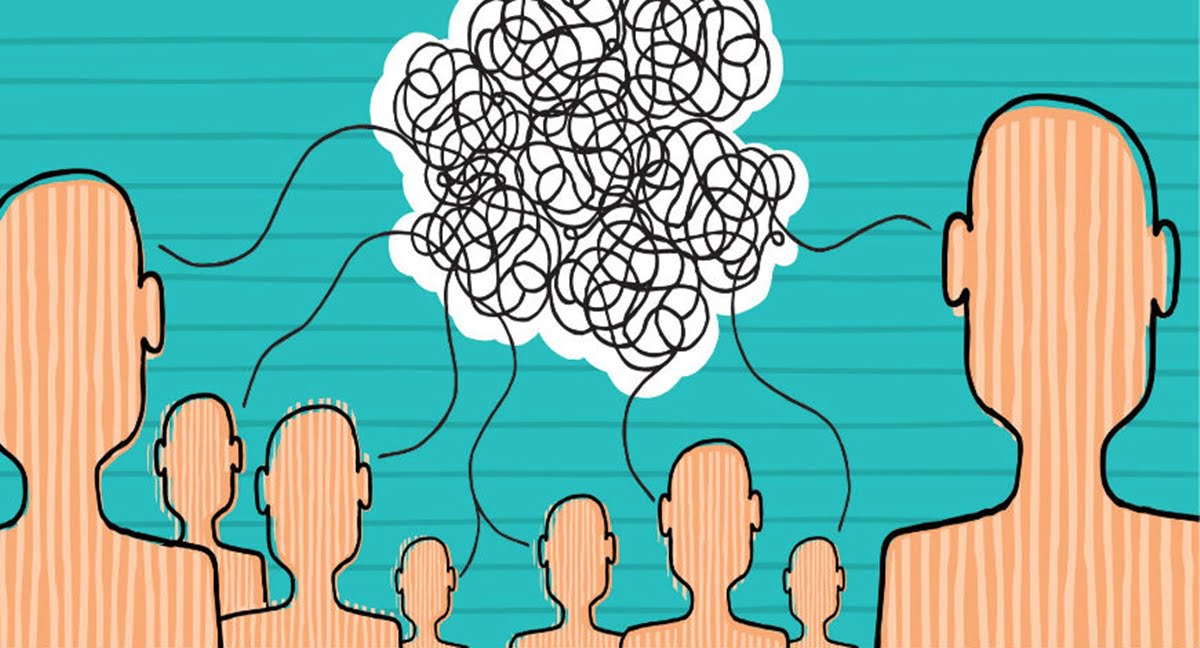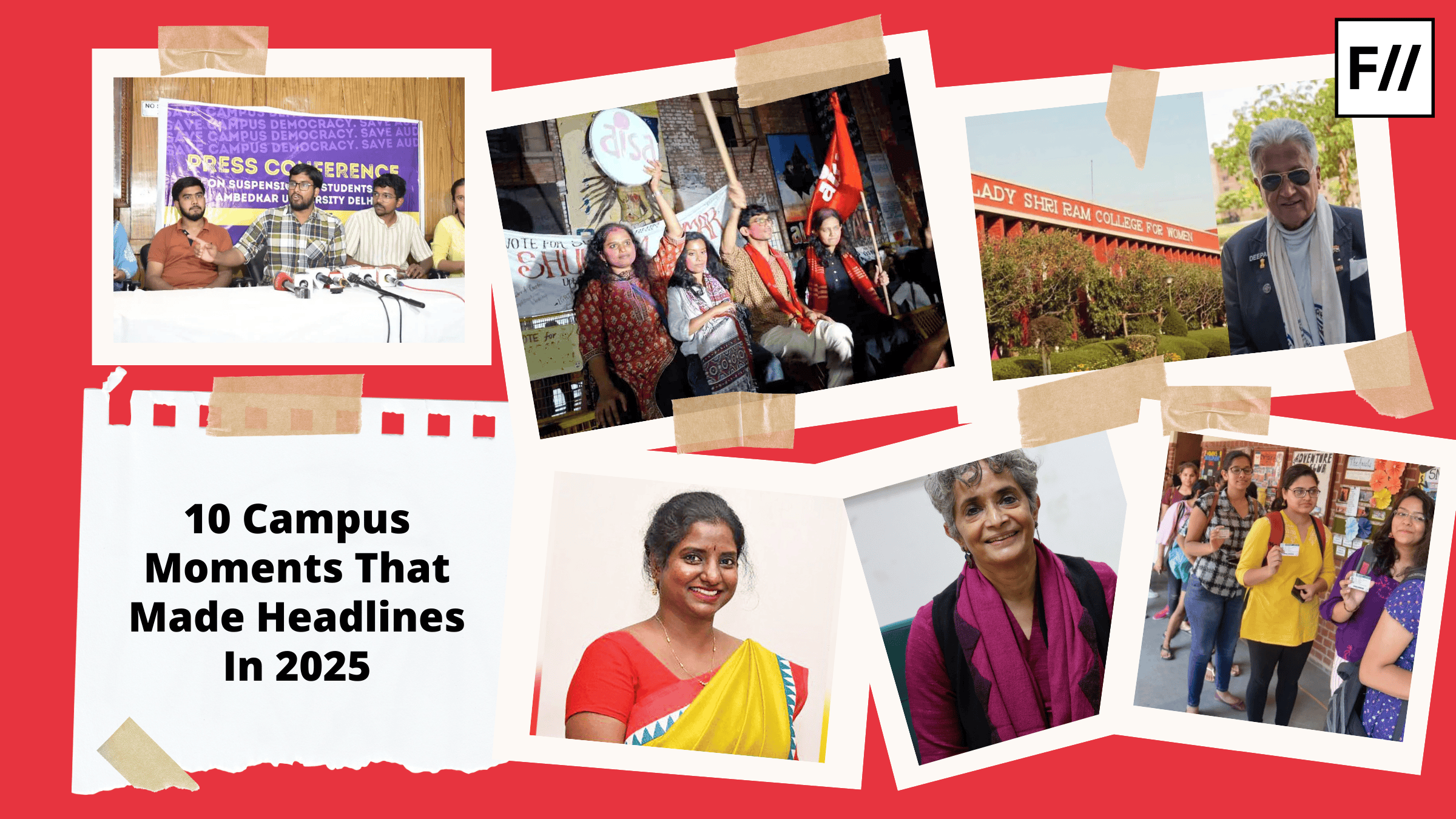We, as citizens, both global and local, often reside in a contextual framework that is not conducive to freedom of speech and expression, which by inference means, not conducive to the liberty of literary art. Yet, I remember, as a young student studying at various schools across India, we were encouraged to grow up into citizens who will bring about a constructive difference or a positive impact in the socio-political paradigm that we are a part of. And, if you look both at history and the contemporary world, you will see that critical thinkers have often been at clash with the established and institutionalised religious and political figureheads who have a monopoly over power and authority.
Now, a contextual framework that trains a student in liberal arts for the mere end of earning bread and butter, where you cram history of English literature to get some multiple-choice questions in an entrance exam correct, that will fetch you employment and financial independence, which in and itself is essential. But, restricting and limiting the use of liberal arts to that utilitarian end, to the end of ensuring your economic sustenance, defeats the purpose of a liberal arts education because that dissolves all the distinction that sets apart liberal arts from other disciplines such as the STEM– Science, Technology, Engineering and Mathematics courses.
Restricting and limiting the use of liberal arts to that utilitarian end, to the end of ensuring your economic sustenance, defeats the purpose of a liberal arts education because that dissolves all the distinction that sets apart liberal arts from other disciplines such as the STEM– Science, Technology, Engineering and Mathematics courses.
Also read: The JEE Wave And The Consequences Of Devaluing Humanities
At the same time, we need to ensure that our fundamental human rights are not violated in the pursuit of some utopian goals that the founding philosophers of liberal arts inspired us to pursue. So, we want to secure our basic right to personal liberty, safety and security and yet, we don’t want to be helpless spectators of injustice. This is where learning the art of impactful fiction comes in.
Higher education in liberal arts essentially means developing our intellectual astuteness through rigorous questioning and critical analysis, learning and unlearning, researching and reflecting. And all that we are trained in as liberal arts students prove to be redundant as if we live in the Hard Times of Charles Dickens in which students are just supposed to memorise facts, facts and nothing else. Students are strictly forbidden from wondering and fancying in Dickens’ satirical work Hard Times and Dickens’ puts across the message that a girl who had the natural propensity for original and imaginative thinking named Sissy Jupe ended up as a happier human being than Louisa, who was brought up on the basis of a rigid and restrictive educational philosophy where education had an extremely narrow goal that is children are little pitchers who are supposed to filled with only facts.
Also read: Making A Case For Sonar Bangla & Liberal Arts Education This Election Season
There are a few strategies that fiction writers can use in order to bring about change without causing harm to oneself or anyone else:
- Fragmented/Split/Complex Characters: Maybe the protagonist need not be on one side of the narrative. Perhaps, the protagonist need not convey any clear bias. Making the character highly complex is a way to leave the character to the reader’s interpretation and make it impossible for the reader to perceive the multi-dimensional character as an exponent of one particular ideological stance.
- Postmodern Narrative: Maybe you need not structure the narrative in a linear manner. Perhaps you can play with time frames. Mingling random time frames in a fictional setting will convey a realistic message using past, present and future. You can use a historical setting as a partial imitation of the present reality and use a futuristic setting as combination of the negative aspects of the history and positive aspects of the present reality, or as a total break from both history and present.
- Magical Realism: Maybe you can use witches, wizards, fairylands and the supernatural in your fiction and attribute them with human characteristics. Perhaps you could set your fiction in a magical island, with a divine Queen and citizens who are unicorns with anthropomorphic facial expressions. And yet, you could convey your message!
An example of strategic fiction writing is that of Rohinton Mistry’s A Fine Balance which is set in the mid-1970s Emergency Period of India and yet, Mistry never names ‘The Prime Minister’.
Featured image source: BWEducation




